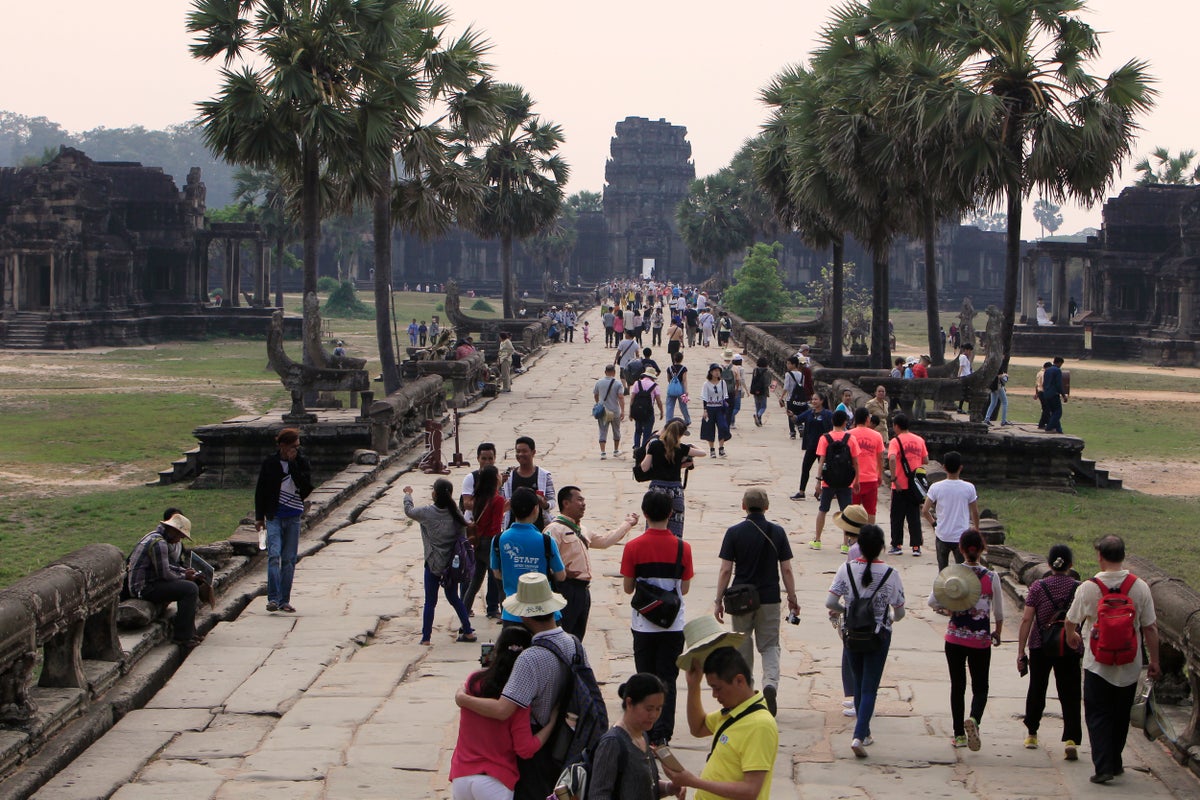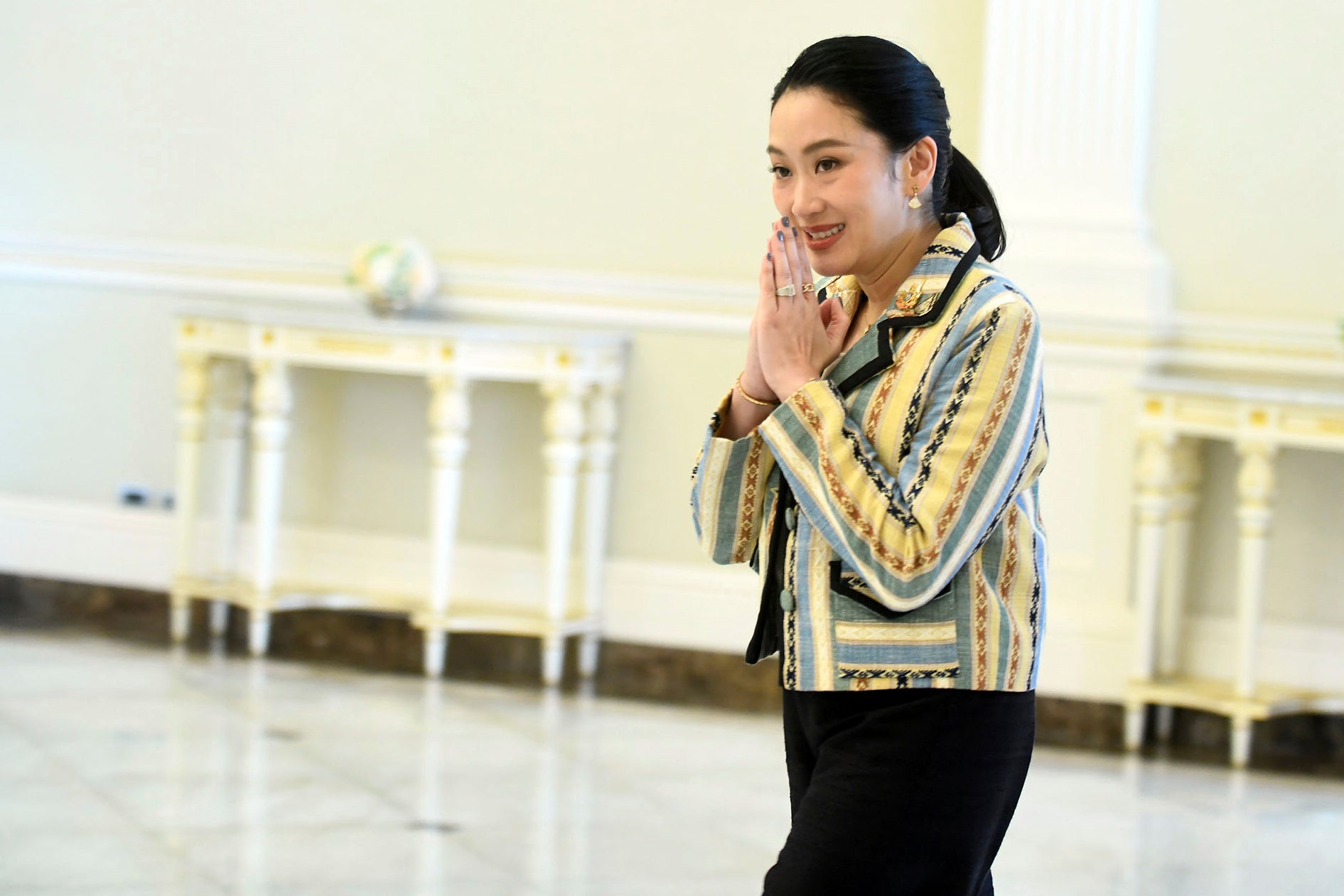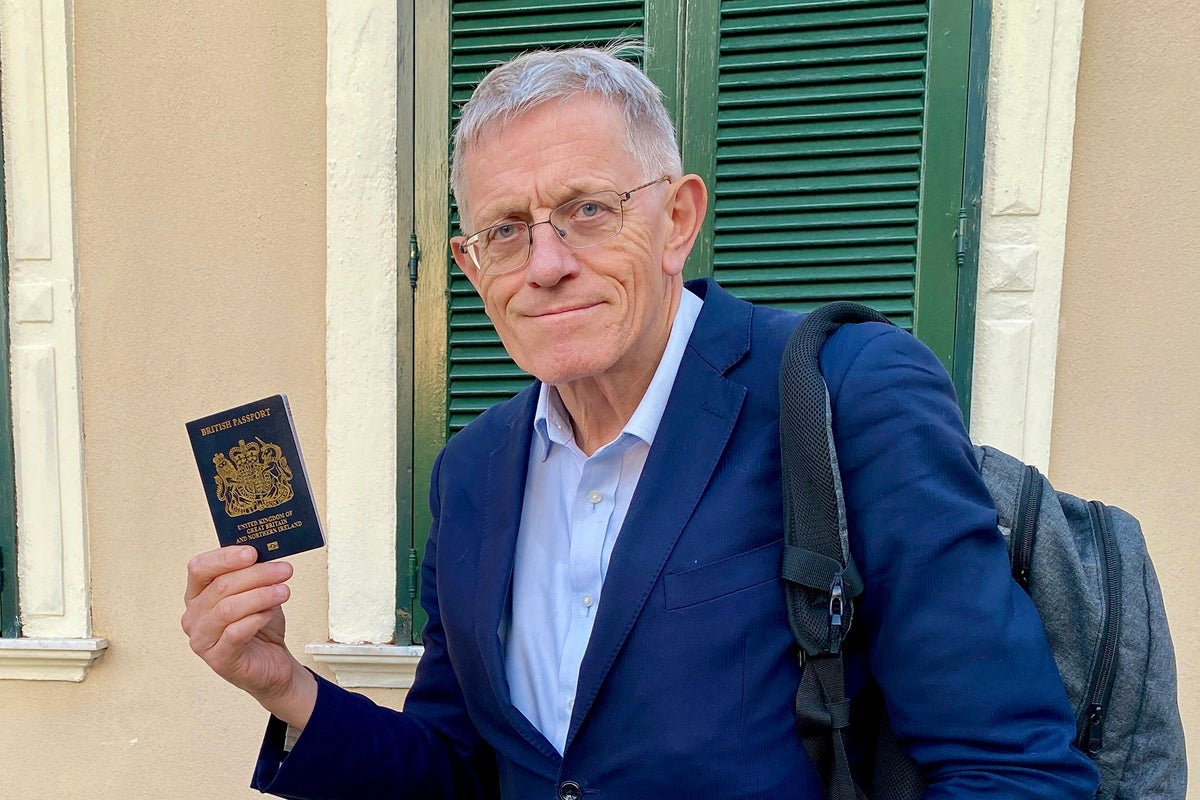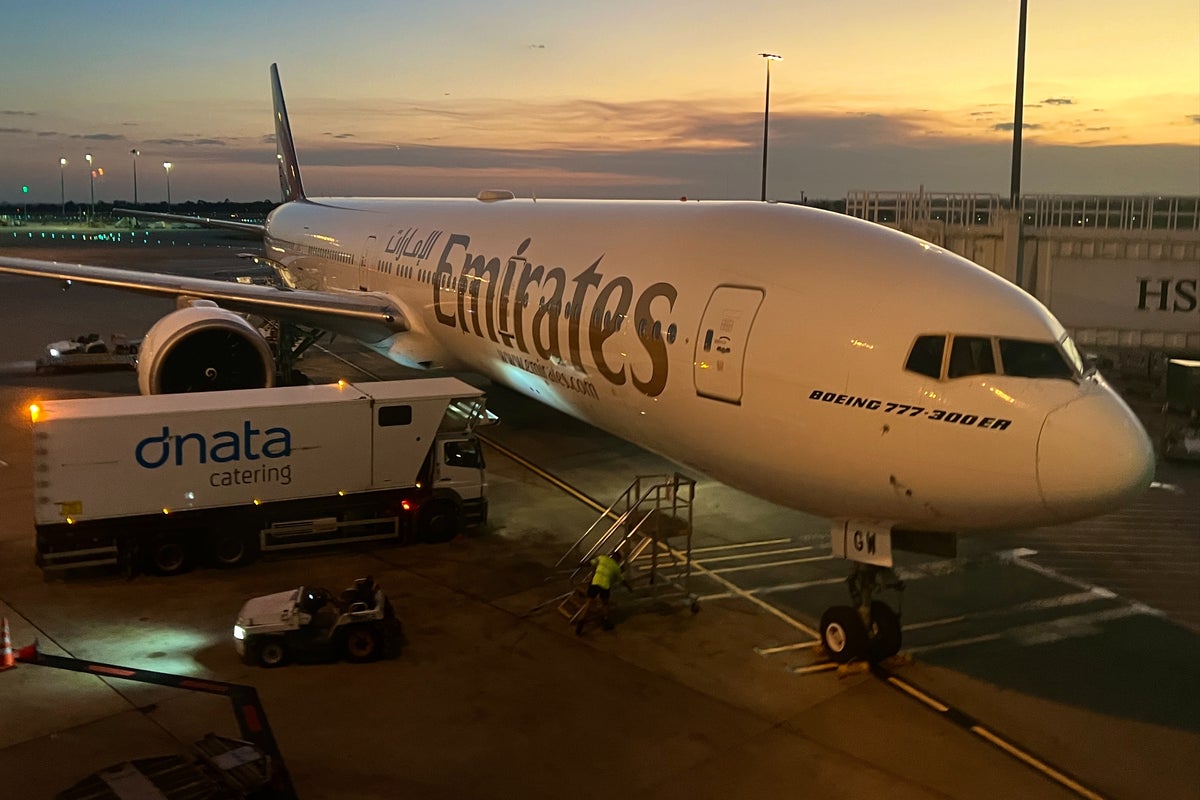Thailand bans tourists from entering Cambodia as military closes crossings
Prime Minister Paetongtarn Shinawatra also said Monday that Thailand will consider blocking exports

Thailand has significantly restricted movement across its border with Cambodia, with its military closing crossings to nearly all travellers, including tourists and traders. The drastic measure comes amid heightened security concerns and escalating tensions stemming from a long-standing border dispute between the two Southeast Asian nations.
Relations between Bangkok and Phnom Penh have sharply deteriorated following an armed confrontation on May 28, which resulted in the death of one Cambodian soldier in a relatively small, contested territory. Despite both sides having agreed to de-escalate the dispute, a series of ongoing or threatened actions continue to keep tensions high.
Prime Minister Paetongtarn Shinawatra confirmed on Monday that Thailand would intensify screening at land borders and prevent tourists from departing the country. She stated that only students, medical patients, and individuals needing to purchase essential goods would be permitted to enter or leave Thailand. While the Prime Minister indicated the measures were primarily aimed at curbing travel to Cambodia's "lucrative casinos," the directive appears to effectively block all tourists.
The Thai army said in a statement later Monday that it had implemented the measures at every land border checkpoint between Thailand and Cambodia in five provinces, and that it was stopping all crossings except for people with essential needs.
Cambodia, for its part, has boycotted some Thai internet services, and blocked electricity and fuel supplies from Thailand in response to the border dispute. Prior to the boycott, Cambodia imported 30% of its gasoline and other fuel from Thailand.

Paetongtarn also said Monday that Thailand will consider blocking exports that could facilitate scam operations in Cambodia and will coordinate with other countries and international agencies to crack down on cybercrime based in Southeast Asia.
Thailand earlier this year implemented measures aimed at cracking down on online scam operations in neighboring Myanmar, severing electricity, internet and gas supplies to border towns where the scams were based.
Paetongtarn's comments suggested Thailand would soon impose similar measures aimed at similar scam operations in Cambodia.
An April U.N. report named Cambodia as a hub for scam operations in which workers go online to lure victims through false romantic ploys, bogus investment pitches and illegal gambling schemes.

Paetongtarn has been attacked over her perceived soft stance toward Cambodia, especially by right-wing nationalists who are longtime foes of her father, former Prime Minister Thaksin Shinawatra.
A phone call leaked last week between Paetongtarn and Cambodian Senate President Hun Sen, the former prime minister who ruled Cambodia over four decades, sparked outrage and calls for Paetongtarn's resignation.
Critics said she tried to appease Hun Sen, a longtime friend of her father, and made Thailand look weak by calling a Thai army commander in charge of the disputed border area as "an opponent." Several nationalist activist groups have planned a rally this week to demand Paetongtarn's resignation.

 JaneWalter
JaneWalter 
































